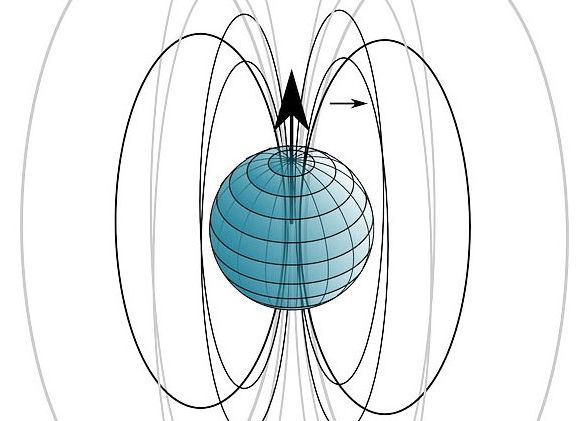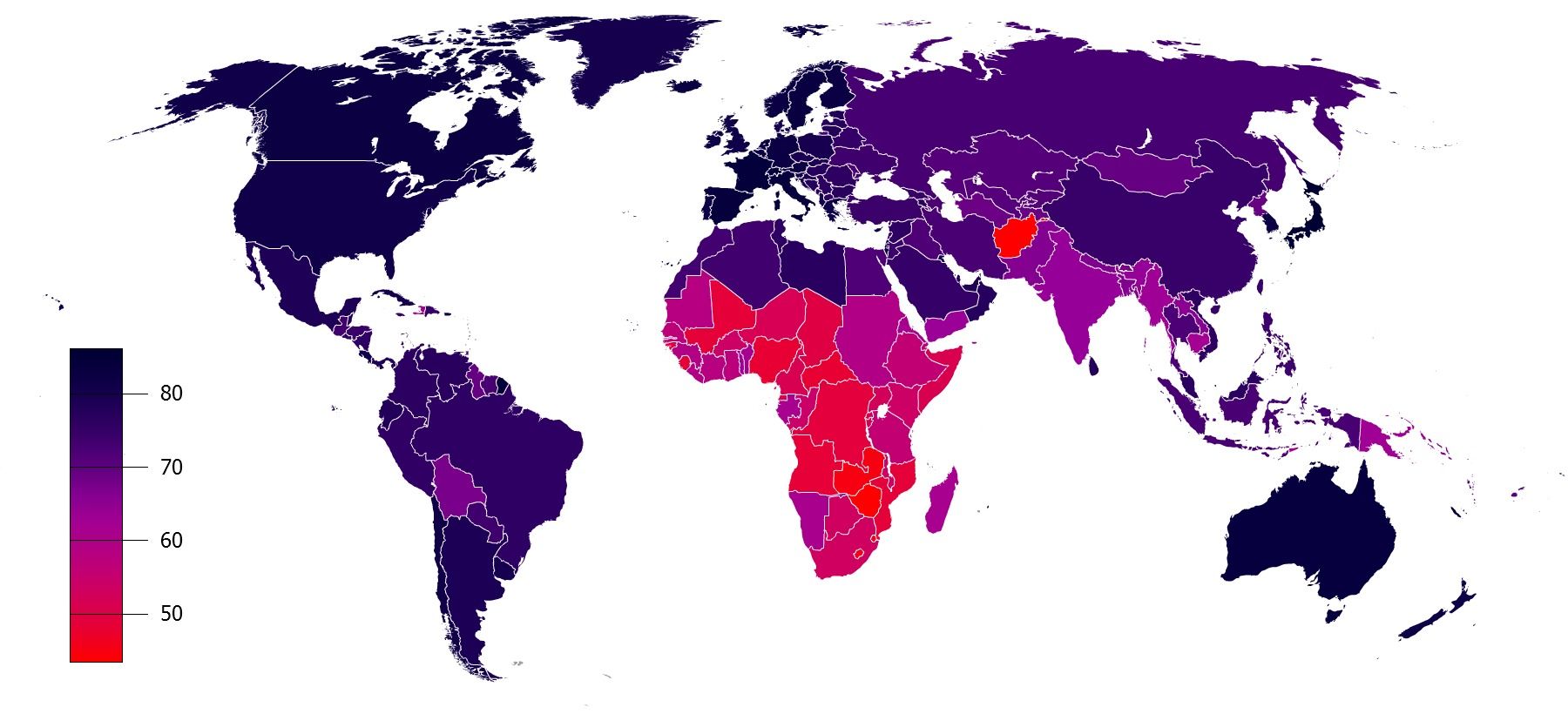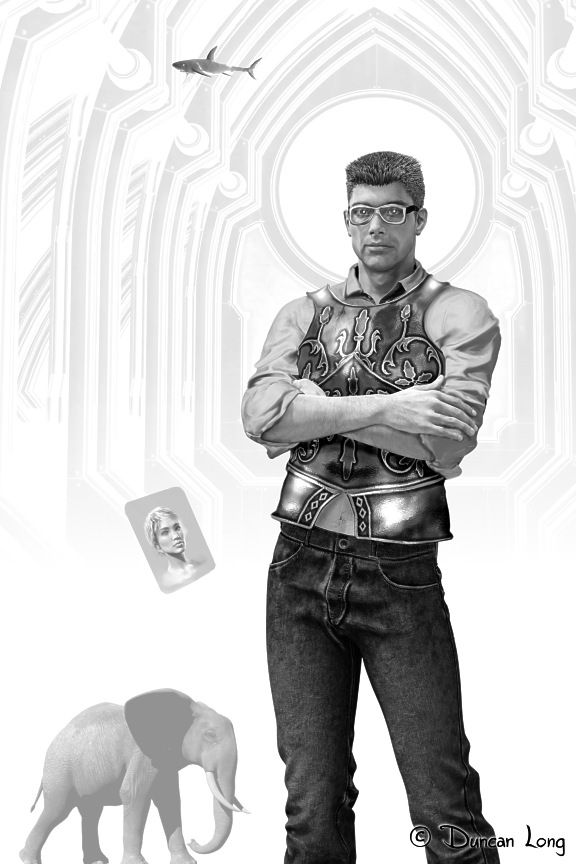https://defence.ru/article/dmitrii-rogozin-opublikoval-video-robota-fedora-upravlyayuschego-avtomobilem-uaz/



“Suppose you had access to every person’s brain,” asks Dr. Michael Persinger, “and they had access to yours?” Dr. Persinger, cognitive neuroscientist and professor at Laurentian University in Ontario, is convinced that this is not only possible but is immanent in the coming future. Why? How? In short, his pioneering research shows a strong correlation between the Earth’s magnetic field and the human brain.
If Dr. Persinger is correct, the Earth’s magnetic field is constantly interfacing with our own brains in such a manner as to influence our thoughts, emotions and behaviors. This interface, however, seems to have another effect: Dr. Persinger’s research seems to indicate that the geomagnetic field can store and transmit all the information of every human brain in history. And if we can tap into this informational reservoir, there will be no more secrets. In such a scenario, for example, we can know the true intentions of large corporations, regardless of what they may say through the media. We’d be able to feel and experience the pain of starving people in Africa. This is huge! Pay attention and enjoy!

Further criticism of the Nature article from Wednesday that suggested there was a limit to lifespan.
We’ve known there is a ‘natural’ maximal human life span for a while, but it would be extraordinarily naive to believe it will always be so
In the latest study published in Nature, researchers claim that human life span has a fundamental limit of around 115. This has been widely publicised around various news platforms, and has proved highly controversial, with many taking sides or making rather grandiose claims about future trajectories. After observing trends in survival from 1900 onwards, the team discovered that maximal life span has plateaued; forming a ceiling at around 115–120 years. Jeanne Calment is so far the longest lived (verified) person in history, passing away at an extensive 122 years. Despite dying in 1997, no one has surpassed her title in over 10 years. The research repeats previous observations and analysis suggesting that without intervention there is indeed a limit to human life span, and that it is exceedingly rare to approach this limit at all; explaining why Calment remains unchallenged.



Since the arrival of flat-screen TVs, there’s not been a whole lot to get excited about in the world of televisions — how many ways can you improve on a big slab of glass, after all? Well, how about by making it almost invisible when you’re not using it?
That’s the thinking behind a new prototype from Panasonic that’s just been shown off at the CEATEC electronics expo in Japan this week. When switched on, it’s just like a normal TV. When switched off, it’s as transparent as glass, meaning you can see the wall or shelving behind.
Panasonic describes it as the “future of display screens” — although as you might expect, the company’s staying tight-lipped about the technology behind its transparent TV, just in case its competitors have something similar in mind.

Amazing Stories has resumed publishing original science fiction, and they just happened to have led with a story of mine. Amazing Stories was the first SF magazine, dating to 1926, and was edited by Hugo Gernsback (as in “Hugo Awards”). My story contains speculation about human-AI interaction, and the future of user interfaces (disguised as comedy).
Posting this with Eric Klien’s permission, as it’s self-promotional.
Never trust an app in the form of a woman you don’t know, even if you are a hipster knight. A Gernsback Contest winning short story.


